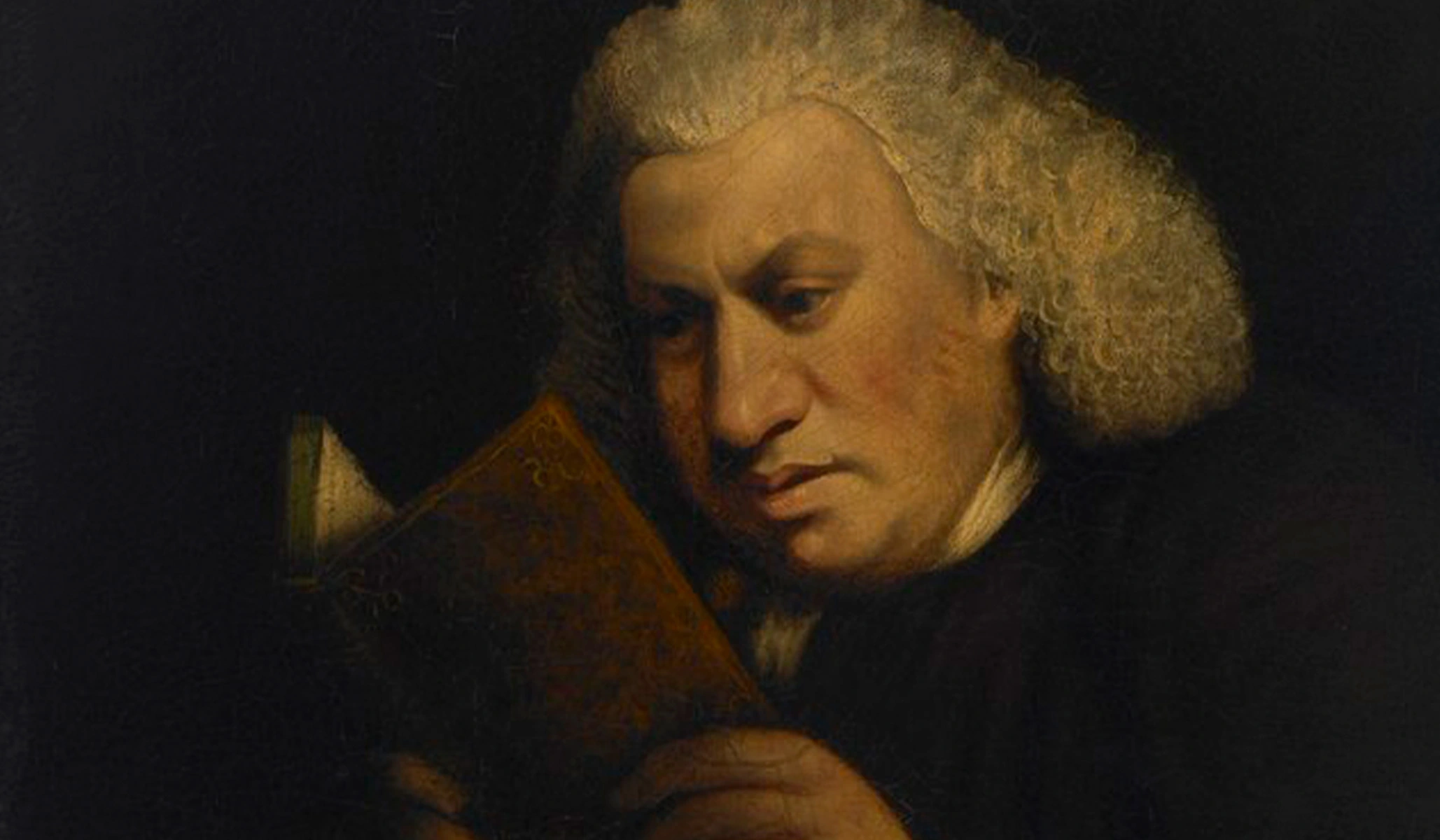Samuel Johnson, the creator of the first great English dictionary, once described a lexicographer as a “harmless drudge” who busies himself in tracing the original and detailing the significance of words. However, the importance of dictionaries is undeniable. They are repositories of erudition, monuments to linguistic authority, and battlefields in cultural and political struggles.
Last year, a school district in southwest Florida made headlines for rejecting a donation of dictionaries due to a new state law intended to fight “indoctrination” in schools. The statute required that all reading materials in schools, whether bought or donated, be “selected” by a certified education-media specialist. However, since schools couldn’t make new hires at the time, many struggled to comply with the new law, causing delays in the selection of reading materials and eyebrow-raising outcomes like rejecting the donated dictionaries.
Dictionaries have been both celebrated and criticized. They have been relied on in judicial decisions and are beautiful objects, products of genuine innovations in typography and book design. However, lexicography is also perhaps the ultimate illustration of delayed gratification. Imagine working for years, day by day, on the minutest points of language, keeping up a painstaking accuracy without which the entire project will ruin your reputation.
Lexicographers can have a tremendous impact on the world. People’s lives may depend on the interpretation of a word, and dictionaries are cited by courts more often than any other type of scholarship. In the 1980s, Robert W. Burchfield, chief editor of the Oxford English Dictionary, received anonymous death threats prompted by the inclusion of a racially charged term. And just last year, Merriam-Webster had to shut down its offices over emailed death threats incited by the editors’ newly revised treatment of transgender-related terms.
Other examples of the breathtaking adventures in lexicography might be cited. Sometimes the exploits occur purely within the confines of domesticity. Consider Thomas Cooper, a lexicographer who worked long before computers or even photocopiers existed. In the mid-1550s, he was seven years into his marriage and halfway through his big Latin dictionary. He had labored for more than a decade, and he worked late each night to bring it closer to completion. There was one master copy of his manuscript. His resentful wife had come to view that stack of papers as an enormous symbol of his connubial neglect. And so late one night, after her dictionary-crazed husband had fallen into a slumber, she tossed his beloved manuscript into the fire, turning the whole thing to ash. Cooper somehow forgave his wife, calmly started anew, and completed the dictionary in 1565.
When Samuel Johnson defined lexicographer secondarily as a harmless drudge, he was denotatively accurate with drudge but self-deprecatingly facetious with harmless. The importance of dictionaries cannot be overstated, and the work of lexicographers is both challenging and impactful.

